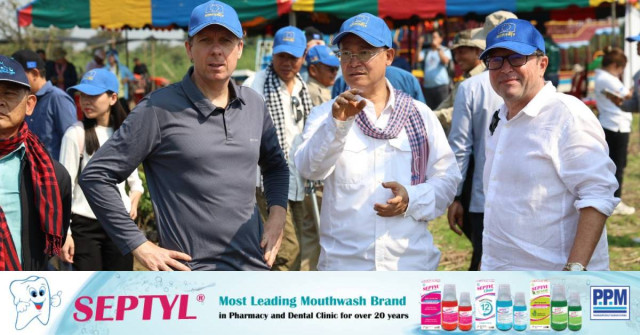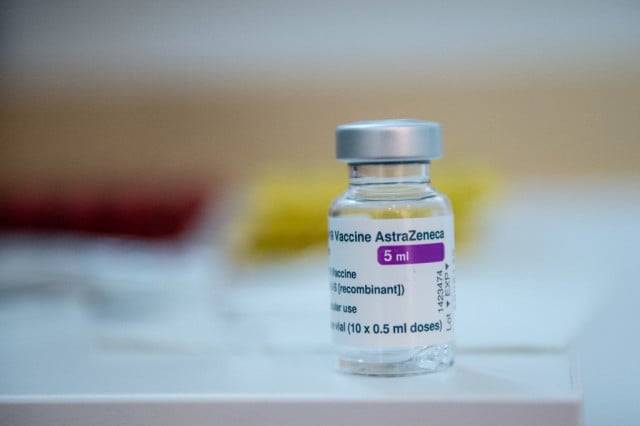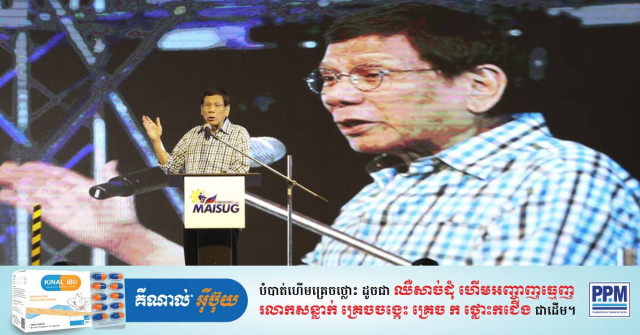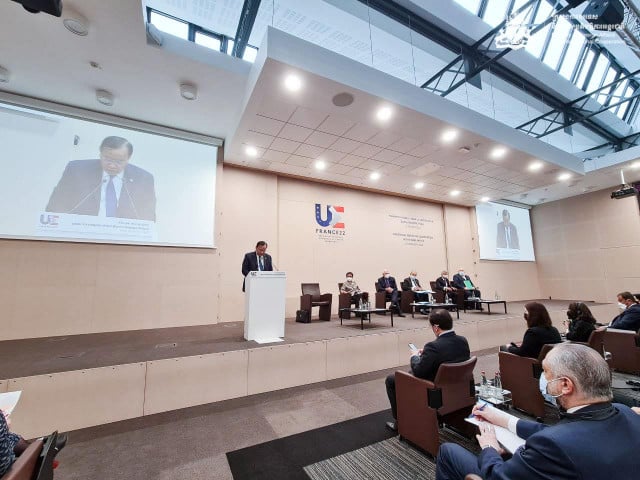EU States Aid Tonle Sap Families to Protect Land

- By Teng Yalirozy
- February 2, 2024 3:10 PM
BATTAMBANG – European Union members have pledged to help end encroachment on flooded forest land around the Tonle Sap Lake by ensuring the livelihood of people living nearby.
“We try to avoid land encroachment by trying to the create an environment where locals can benefit from nature conservation measures,” German Ambassador Stefan Messerer said.
The goal is to maintain diet consistency without encroachment, despite the need for monitoring, as land encroachment cannot be tolerated, he said.
He spoke after Prime Minister Hun Manet issued an order on Jan. 30 to prevent land encroachment on the river area, especially Zone 3.
Areas around the lake are divided into three zones. Zone 1 is the residential area, Zone 2 is for enjoyment, and Zone 3 is protected. The lake is surrounded by the provinces of Battambang, Pursat, Kampong Chhnang, Kampong Thom, Banteay Meanchey and Siem Reap.
Hun Manet warned the provincial heads to take action and be responsible. If not, their administration could be dismissed.
A day later, the EU delegation to Cambodia and envoys from Germany, France and Hungary conducted a field visit to the Tonle Sap Biodiversity Reserve at the Prek Toal area in Battambang province for the EU’s global “ForOurCampaign” planet.
More than 2,000 trees were planted at the Prek Toal Ramsar site at the Tonle Sap Lake where wildfires happened almost annually during the dry season, leaving the area parched and exhausted.
The EU Ambassador to Cambodia Igor Driesmans said the EU is supporting the fishing community to ensure the sustainability of the resources, which is a part of helping address the issue of incomes, leading to the prevention of land grabs in the protected area.
“I think that it all starts with sufficient revenue for the people. That's a part we're contributing to,” he said.
The EU is funding a four-year project on the Tonle Sap Lake, worth $5.3 million. “Our Tonle Sap” Project is implemented by the Wildlife Conservation Society and which started in 2021. This is the first landscape project in Cambodia and aims to build resilience to environmental change in the Tonle Sap by implementing sustainable development practices and raising awareness about its importance.
 German Ambassador Stefan Messerer planted a tree during the trip. Photo: Teng Yalirozy
German Ambassador Stefan Messerer planted a tree during the trip. Photo: Teng Yalirozy
Minister of Environment Eang Sophalleth urged people who had encroached on the land to consider the collective benefits rather than the individual. He said it was embarrassing that a small group thought of their interests more than the common good.
“Please, I beg you to stop grabbing the land for your interest,” he said. “Let’s protect and preserve this major biodiversity for all of the people living in the areas.
Sophalleth also offered the four strategies of the Environment Ministry to tackle flooded forest land encroachment, including strict legal implementation, collaboration with the relevant authority to guarantee the cessation of crimes on natural resources and the invasion of the land, cooperation with the National Military Police and Anti-Corruption Unit and reforestation.
Better Late than Never
Driesmans said it is never too late to start taking action to combat climate change, the global issue affecting countries like Cambodia the most.
“It is concerning but better late than never,” he said. “It's a global change of the climate. And of course, that has an impact on the Tonle Sap region as well. It's more important that we do something about it and that we join forces.
Germany stood with its European partners and others at least to stabilize the situation and possibly improve it.
The German Ambassador said there was never enough to address the environmental problem and there was a need to improve the country's environmental practices, particularly in terms of logging, greening and reducing plastic waste.
“I might be overcritical. But through my personal experience traveling in the country, I see that there's still a lot that needs to be done, I see logging, green, disappearing and plastic all over the country, which is an impediment to the development of quality tourism.”
He emphasized that people prioritize food and financial stability, but sustainable growth requires protecting the environment. A mental shift may be necessary, but it's essential for long-term economic growth.
“I think understandably, people have people's priorities to get food in their belly to make sure that they have a bit of money at the end of the month. But you cannot do this in a sustainable way if you do not protect the environment at the same time,” Messerer said.















